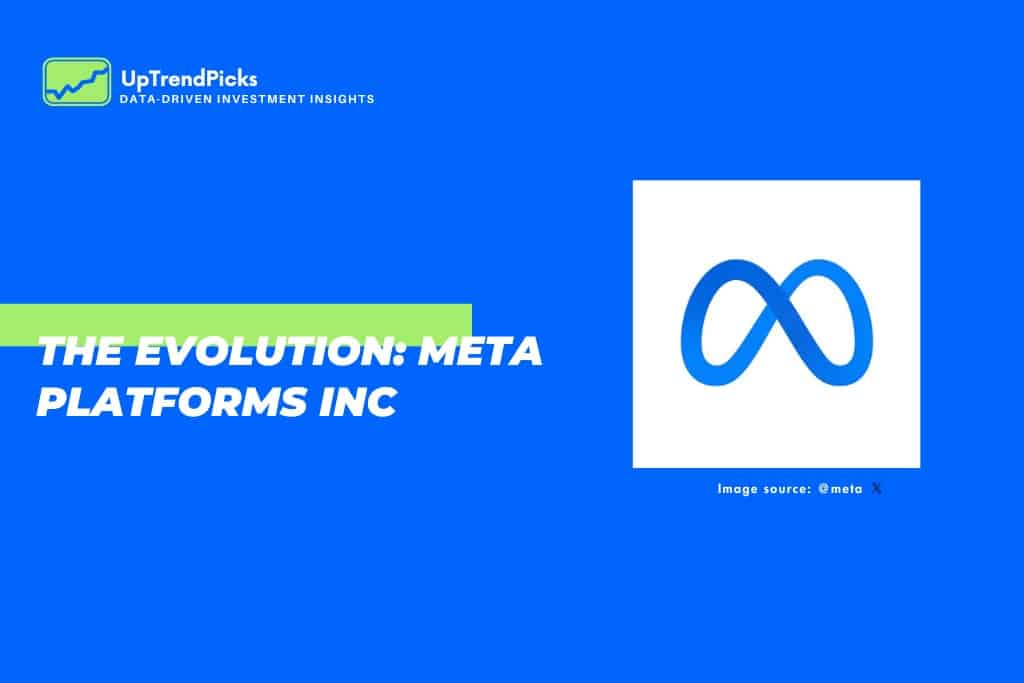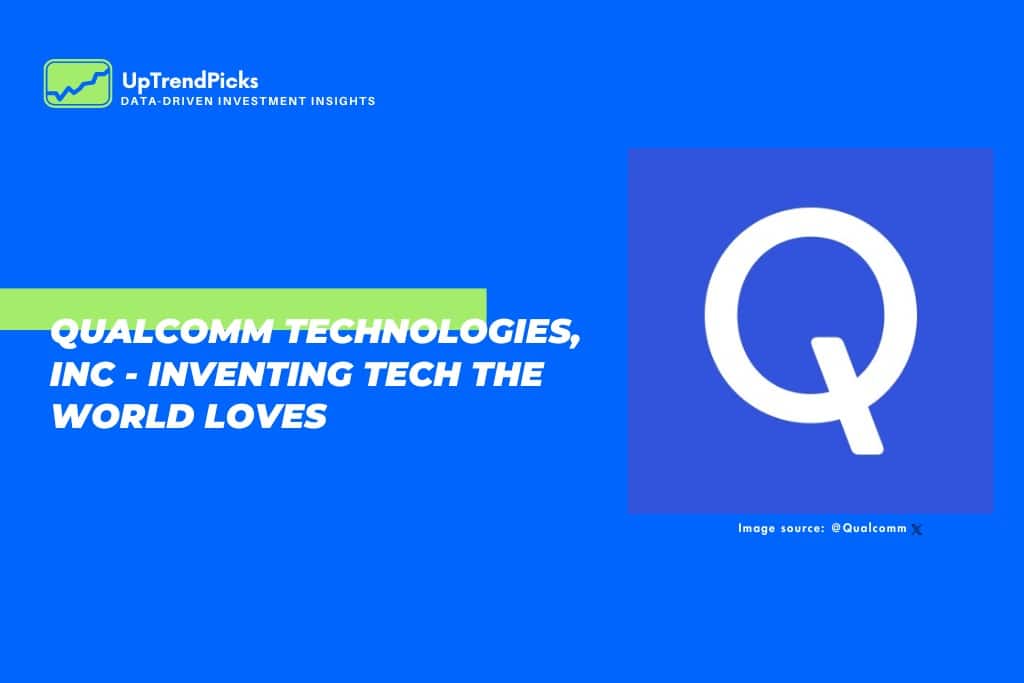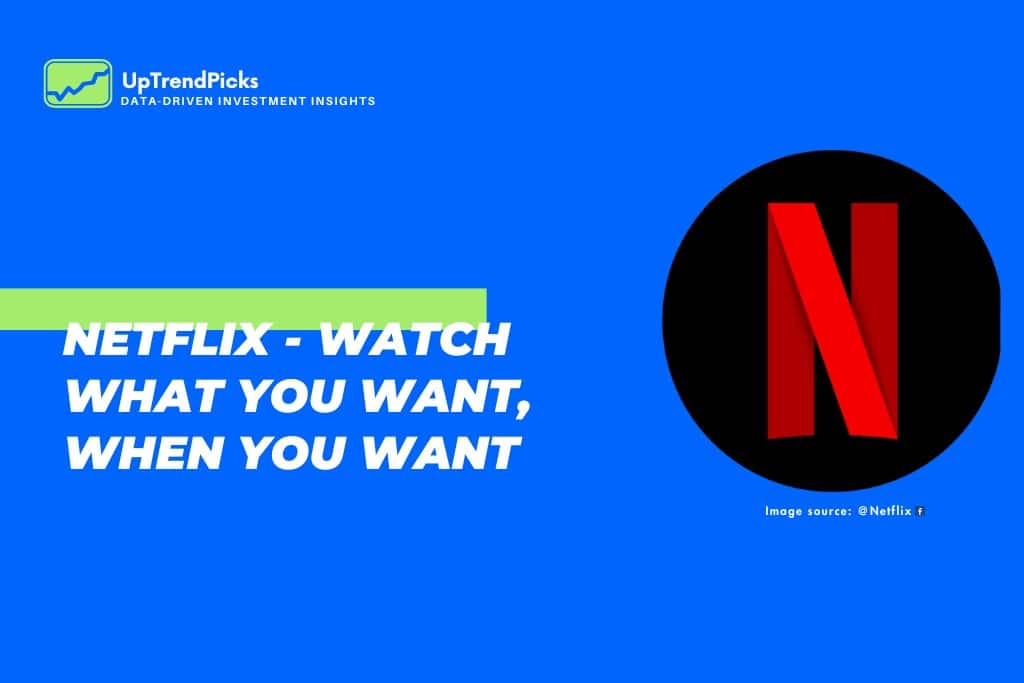THE EVOLUTION: META PLATFORMS INC

From “FB” to “Meta”
Meta, previously known as Facebook, has journeyed from a university-exclusive social networking platform to a global tech giant shaping the future of virtual connectivity. This article delves into Meta’s transformative history, financial achievements, product portfolio, acquisitions, growth strategies, and societal impact. Meta changed its name from Facebook in October 2021, focusing on the “metaverse” to enhance virtual reality interactions. The company rebranded in response to privacy concerns and misinformation issues, emphasizing its commitment to the evolving digital landscape.
A glimpse into the past
In 2004, Mark Zuckerberg and his college roommates founded Facebook, marking the beginning of Meta’s story. Initially exclusive to Harvard University students, it rapidly expanded, evolving into a platform connecting people worldwide. The inception of “Thefacebook” marked the beginning of a social media era.
Financial fortitude
Meta’s financial journey reveals a fluctuating landscape. In 2022, revenue amounted to $116.6 billion, signaling a slight decline. Meta Platforms’ market cap, EPS, and P/E ratio provide insights into its financial health and strategic positioning in the tech market.
Meta’s diverse product portfolio
Meta’s diverse portfolio includes VR products like Metaverse, Meta Quest, Oculus, and generative AI chatbots. Recent additions, including the Quest 3 headset and Ray-Ban Meta smart glasses, showcase the company’s commitment to innovation and immersive experiences.
The Metaverse: A new era of social connection
The Metaverse signifies the next stage in social interaction, surpassing the mobile internet. Like the internet, it enables connecting with others beyond physical proximity, striving for an enhanced sense of togetherness. It is accessible through familiar 2D experiences, projections into the physical world, and immersive 3D environments. The Metaverse, designed for everyone, is not exclusively for gamers or developers. The aspiration is to extend its reach to a billion people within the next decade.
Fostering responsible innovation and privacy at Meta
Meta’s commitment to responsible innovation, centered on prioritizing user privacy, is evident in its foundational principles and hardware design. Engaging in open discussions, Meta explores privacy and responsible innovation in augmented and virtual reality through roundtable conversations with experts and privacy-conscious consumers, striving for the highest product development standards. Proactively addressing privacy concerns, Meta ensures data protection. Additionally, Meta highlights the positive societal impact of AR and VR in restoring cultural heritage, emphasizing broader benefits for marginalized communities.
Strategic acquisitions: Building a tech empire
Meta’s acquisition spree includes WhatsApp, Oculus, Mapillary, and a stake in Jio Platforms. These strategic moves expanded Meta’s reach and diversified its offerings, solidifying its position as a tech conglomerate. Mark Zuckerberg’s leadership style and Meta’s growth strategies emphasize innovation, user experience, and data-driven decision-making. Its consistent market presence reflects the company’s adaptive approach and openness to change. Meta has acquired 91 other firms, such as WhatsApp, with the latter’s purchase amounting to a substantial $16 billion. Meta concentrates its acquisitions primarily in the US, particularly in California. Notably, many of these acquisitions are characterized as “talent acquisitions,” often leading to the shutdown of acquired products. Meta’s CEO, Mark Zuckerberg, has emphasized the company’s focus on acquiring exceptional people rather than companies, although there have been exceptions, like the Instagram acquisition in 2012. Despite the general emphasis on talent, Meta has also made significant product-focused acquisitions, such as the $19 billion WhatsApp deal and the $2 billion Oculus VR acquisition.
Financial highlights: Revenue and stock performance metrics
Meta Platforms’ annual revenue, stock performance metrics, and market strategies provide a comprehensive overview of its financial standing and growth trajectory. Meta Platforms, trading under the stock ticker META on the Nasdaq Stock Exchange, is a prominent player in the technology sector. In 2023, Meta Platforms demonstrated a surge of 218.63%, reaching a high of $ 330.54 and a low of $ 301.85. The market capitalization of Meta Platforms stands impressively at $ 985.41 billion, with P/E ratio of 34.54. With a share volume of 21,670,806 and an average volume of 15,770,462. Meta Platforms’ 50 DMA is around $ 342.80, 100 DMA at about $ 324.34, and 200 DMA around $ 296.50. According to Nasdaq.com, The Vanguard Group Inc. is the largest institutional shareholder in Meta Platforms, holding 183,244,796 shares amounting to $ 70,265,217(000).
Source: Investing.com/Nasdaq.com
Tech advancements
Introducing Purple Llama, a comprehensive initiative providing open trust, safety tools, and evaluations, empowers developers to create responsible AI models. Initially, Purple Llama will focus on cybersecurity and input/output safeguards. Critical technologies like Artificial Intelligence, Edge Computing, and Blockchain propel the democratization of the Metaverse. Users gain full ownership and control over their assets and experiences through decentralization, fostering a more inclusive and participatory virtual environment.
Latest news and developments
Meta CEO Mark Zuckerberg consolidates AI research and generative AI teams, emphasizing technology integration into products. Meta plans to acquire around 600,000 GPUs, becoming a major player in computing. This shift follows the success of OpenAI’s ChatGPT, leading to the creation of the “GenAI” team and the launch of AI products like Llama and Meta AI chatbot. Zuckerberg links AI investments to the metaverse vision, highlighting the necessity for new devices like glasses for enhanced AI interaction and emphasizing the company’s focus on acquiring exceptional people rather than companies. However, there have been exceptions, like the Instagram acquisition in 2012. Despite the general emphasis on talent, Meta has also made significant product-focused acquisitions, such as the $19 billion WhatsApp deal and the $2 billion Oculus VR acquisition.
Meta adapts services for EU’s digital markets act compliance
Meta Platforms responds to the European Union’s Digital Markets Act (DMA) by offering increased choices to European Instagram and Facebook users. Aligning with other tech giants like Google, Meta adjusts operations to comply with new EU technology rules. Users will receive notifications to decide on sharing information between Meta’s services, following DMA regulations that all major tech firms, including Meta, must adhere to by March 7. Facebook Messenger users gain the option to link or separate their accounts, and connected Instagram and Facebook accounts can be managed independently, reflecting Meta’s commitment to user choice and compliance.
Ensuring safety and expression on Meta Platforms
It’s our dedication to safeguarding your voice and fostering secure connections. Open dialogue with tolerance and respect benefits us all. While social media amplifies diverse voices, some misuse it, prompting the establishment of Community Standards. We enforce these rules, reduce the distribution of false but rule-compliant content, and offer context for informed decision-making.
Combatting violating content
Meta’s commitment to removing hate speech, harassment, and threats is evident in their Community Standards, which it regularly update with global expert consultation. With a safety team exceeding 40,000 since 2016, Meta proactively detects and removes content, block fake accounts daily, and empower users with control tools, fostering a safer online environment.
Social impact and challenges
Examining social media’s impact on society reveals a nuanced narrative. While fostering connectivity, social media, including Facebook, raises concerns about privacy, mental health, misinformation, and its influence on democracy. It also emphasizes the complex interplay of positive and negative impacts, urging a balance between the benefits of connectivity and information sharing and the challenges posed by societal issues.
Meta’s evolution from a college dorm room project to a tech behemoth has been marked by innovation, strategic acquisitions, and a dynamic response to the evolving tech landscape. As it continues to shape the Metaverse and redefine social connectivity, Meta remains a crucial player in the ever-changing realm of technology.
For more insights and analysis, visit: Uptrendpicks.com


